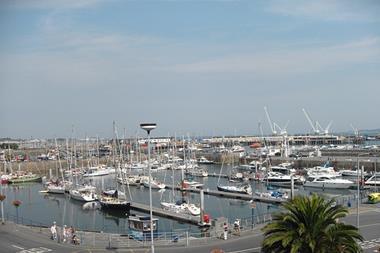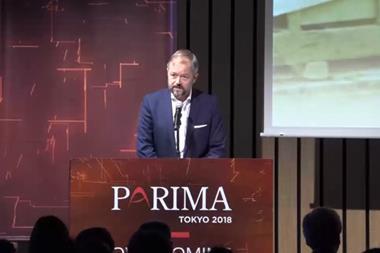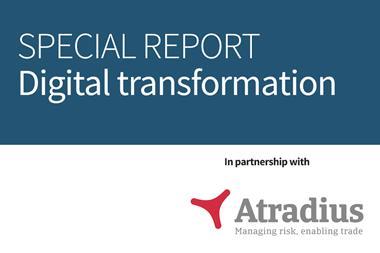The Spanish risk management association IGREA has published its Guide to Best Practices in Claims Handling to assist companies in their dealings with insurers.

The 14-page document was presented to an audience of over 150 professionals, including brokers, insurers, clients, loss adjusters, lawyers etc. at the headquarters of Spain’s insurance supervisor (DGSFP, Direccion General de Seguros y Fondos de Pensiones), and establishes a set of principals and best practices in claims handling after consultation with the insurance market – more than 30 trade associations were consulted to put together everyone’s perspectives.
The working group responsible for the document took over 18 months to develop it, including series of workshops which sought to identify the key problems in claims handling process from a variety of angles.
“The Guide is a major initiative for IGREA” said Daniel San Millán, president of IGREA. “We are confident that it will bring benefits to all parties involved in the complex process of claims management. After intensive contact with insurers, brokers and experts we have tried to streamline and systematize the claims process, and clarify the roles of all involved. We recommend that policyholders use the tools provided here and apply them in their relationship with insurance companies. “
Cristina Martinez, a member of IGREA’s board who is one of the authors of the document and recent Strategic Risk 2012 award winner, said: “In order to gain various perspectives we organised various workshops with different agents in the market so as to benchmark, to identify, and to have joint discussions on the contents and unify terminology. We believe that improved access to information could go some way towards avoiding conflicts.”
The document is split into four chapters, including objective and scope, stages in the claims handling process, processes and agents, and an annex containing a set of various definitions.
Chapter 2, stages in the claims handling process, distinguishes the following four stages, the preliminary stage; the occurrence stage; the resolution stage; and the analysis stage. And a colour code is used to clearly define the roles and responsibilities of each of the party normally involved in each stage of the process.
“It is almost always the case that conflicts are produced in the course of the claim process”, Mr Millan, who is risk manager of Ferrovial, pointed out.
It is hoped that this working method will succeed in avoiding some of the conflicts that commonly arise during the claims handling process and also reduce the time spent on resolution procedures.
Martinez, also Corporate Risk Director at Campofrío Food Group, said that the guide also makes it clear that “claims handling is a continued process. Once the event has occurred and you have resolved it or found difficulties, it is very important to revisit back to the claims handling protocols. That is one of the best practices that this guide defines – that is to continually check whether or not there is further room for improvement and where necessary update the protocols on a continuing basis.”
The claims guide, written in Spanish, can be obtained in PDF version and free of charge from the association’s website under request, www.igrea.es.




















No comments yet